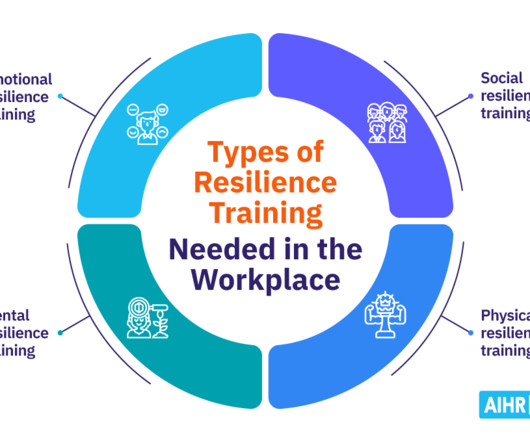Benefits of Technical Interview Outsourcing for Growing Companies
Hacker Earth
NOVEMBER 28, 2024
They take code tests, technical aptitude tests, and interviews for the company to offer an impartial assessment of a candidate. They are professionals in assessing candidates to ensure that the best in the market are selected.






























Let's personalize your content